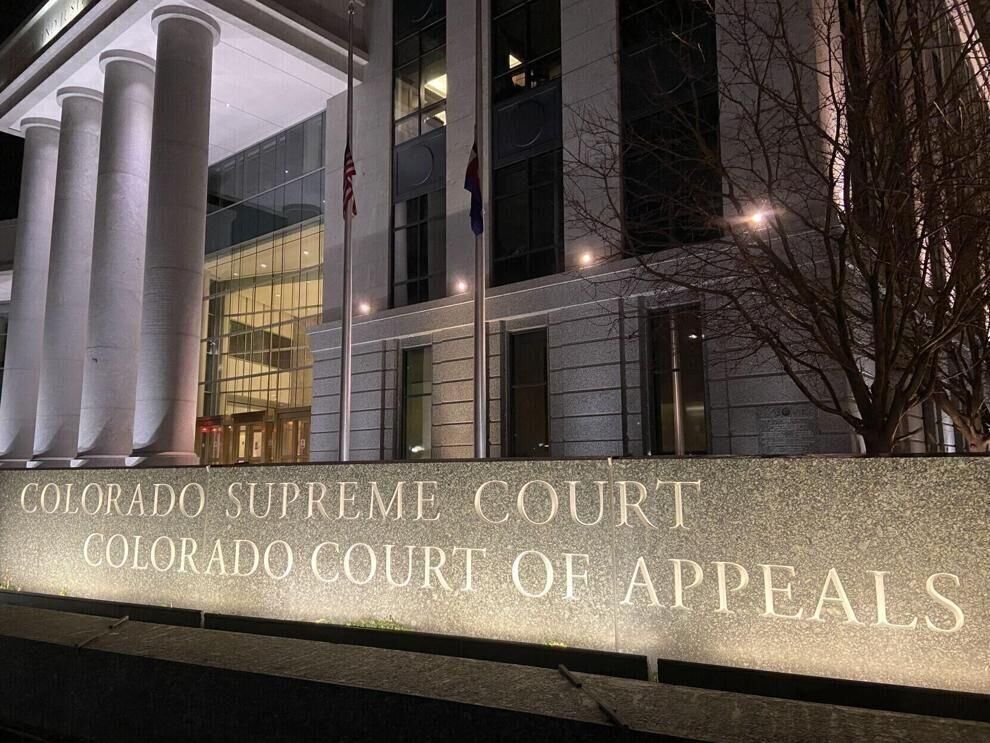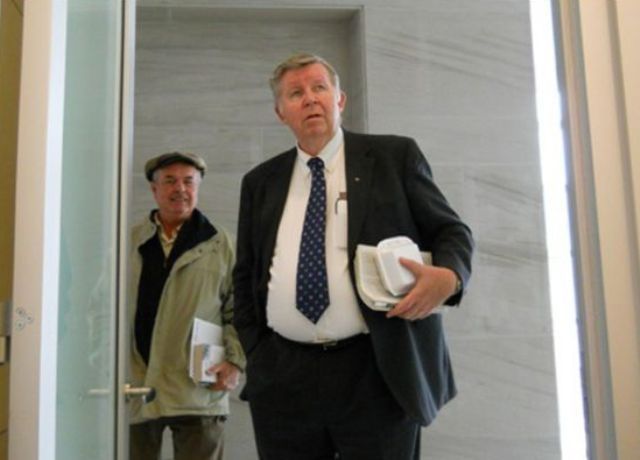Colorado appeals court finds no racial discrimination in dismissal of Black woman from jury

Colorado’s second-highest court last week found there was no intentional racial discrimination when Arapahoe County prosecutors removed a Black woman from the jury of two Black defendants because she allegedly “did not seem interested” or think the judicial system was fair.
A three-judge panel for the Court of Appeals rejected the claim that the prosecution failed to offer “race-neutral reasons” for dismissing the woman identified as Juror V.M. from the trial of Christopher Nicholas Cruse and Terrel Shameek Turner. The panel also saw no merit to the defendants’ other claims about various juror irregularities in their 2017 trial.
The panel, consisting of Chief Judge Gilbert M. Román and Judges Terry Fox and Christina F. Gomez, previously reversed both men’s convictions. They determined the trial judge violated the defendants’ Sixth Amendment right to a public trial by barring Cruse’s wife from the courtroom for a substantial part of the proceedings.
Last fall, a majority of the Colorado Supreme Court disagreed that any constitutional violation occurred and returned the case to the same appellate panel to address Cruse and Turner’s remaining claims. The two men were tried together for the robbery of a marijuana dispensary.
At issue was the prosecution’s treatment of Juror V.M., a Black woman. Under longstanding U.S. Supreme Court precedent, purposeful racial discrimination in jury selection is unconstitutional. Defendants may raise a “Batson challenge,” named after the 1986 decision Batson v. Kentucky, if the prosecution seeks to dismiss a person of color from the jury pool.
A Batson challenge proceeds in three steps. Initially, the defendant must state a plausible case that a juror is being removed on account of their race. Second, the prosecution must offer a race-neutral explanation for the dismissal. Finally, the trial judge analyzes whether, more likely than not, discrimination is happening.
Without asking Juror V.M. any questions, the prosecution moved to dismiss, or strike, her. As race-neutral reasons, the prosecutor cited Juror V.M.’s statement on her questionnaire that she did not have “much faith that (the) judicial system is fair.” The prosecutor also claimed Juror V.M. did not take the juror oath and “did not seem interested in taking the oath.”
The defense countered that District Court Judge Ben L. Leutwyler had asked whether any juror was “unable or unwilling to affirm the oath” and if there was any reason the jurors would not be fair. Juror V.M. did not raise her hand in response to either question.
Nevertheless, Leutwyler allowed the prosecution to strike Juror V.M. Although a Batson challenge does not require a pattern of race-based dismissals, Leutwyler appeared to think it did, observing “this was the first African-American person.” He otherwise found the prosecution’s reasons nonracial.
On appeal, Turner’s lawyer argued the prosecutor’s rationale, especially Juror V.M.’s skepticism of the judicial system, had racial implications.
“This is particularly so when research indicates a substantial majority of African-Americans view the criminal justice system as unfair,” wrote attorney Gregory Lansky, pointing to survey data about the attitudes of various racial groups toward civic institutions.
The appellate panel upheld the strike of Juror V.M. as unconnected to her race. Even if it was disputed whether she was uninterested in reciting the oath, the prosecutor’s allegations did not require “objective verification,” wrote Román on April 6.
As for Juror V.M.’s concerns about the fairness of the judicial system, she “did not attribute any of her questionnaire answers to her or any other race,” Román added.
Currently, the state Supreme Court is evaluating a proposed rule change that would make it more difficult to strike jurors for reasons that, while not explicitly racial, nonetheless correlate with race. For example, the proposed change would make it invalid by default to strike jurors of color who express distrust in law enforcement. It would also require prosecutors to receive corroboration before striking a juror for demeanor-based reasons – including inattentiveness or a “problematic attitude.”
The Supreme Court held a hearing on the proposal in February but has not yet issued any rule addressing racial bias in jury selection.
Turner also claimed the trial judge improperly handled a juror’s realization during the middle of trial that he knew one of the witnesses from church. The panel disagreed that the incident affected Turner’s right to a fair trial, noting the juror insisted he would decide the case based on the evidence.
Cruse’s appeal further noted that one juror volunteered during jury selection it was more likely the two defendants were part of a conspiracy because they have “the same charges” and “one set of prosecutors.” Another juror said it “would be tough” for her to judge the intent of someone who is an accomplice. Both jurors ended up serving.
The panel believed the jurors’ statements on the whole indicated they were willing to follow the law and were not biased against the defendants.
The cases are People v. Cruse and People v. Turner.














